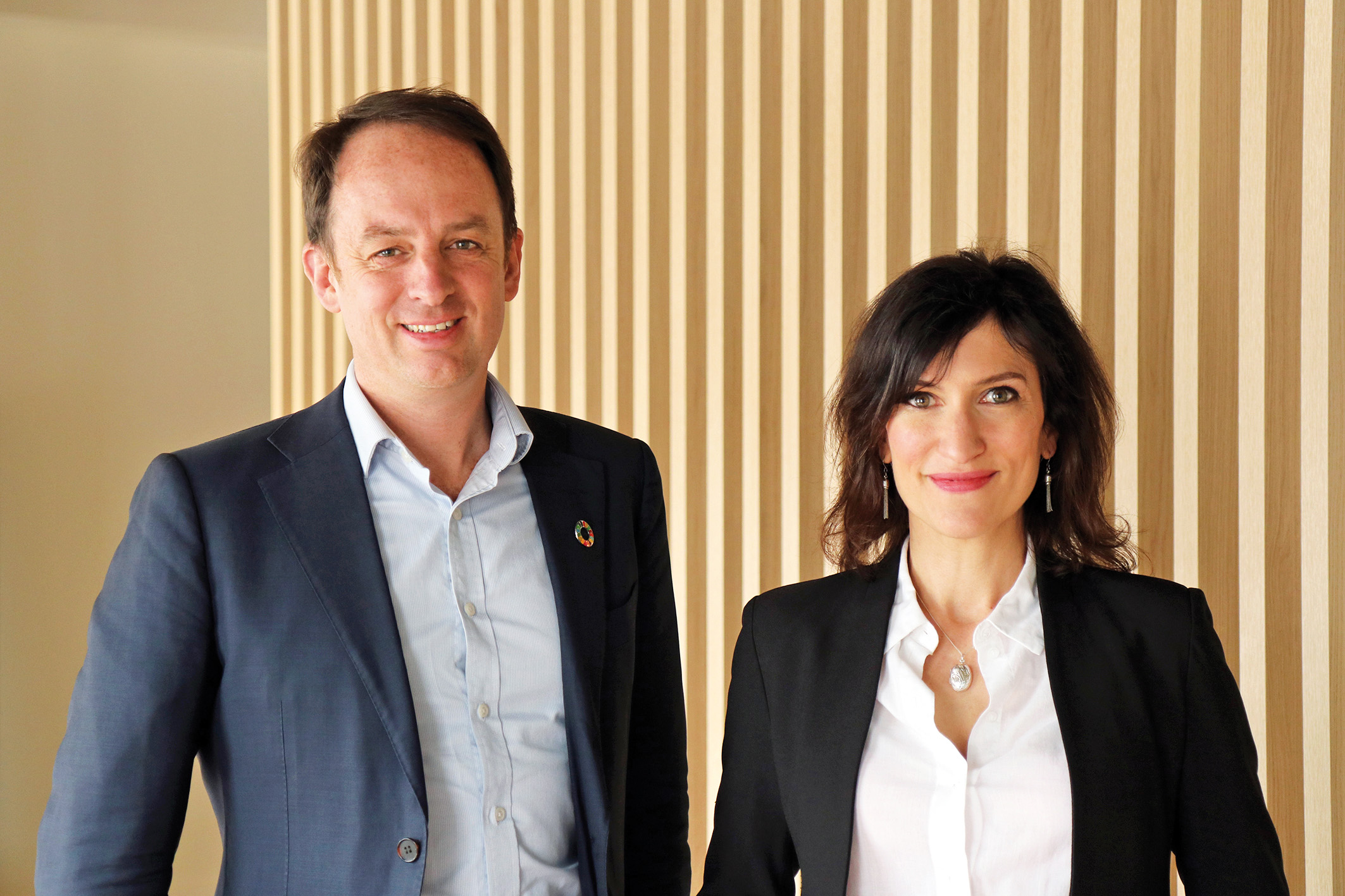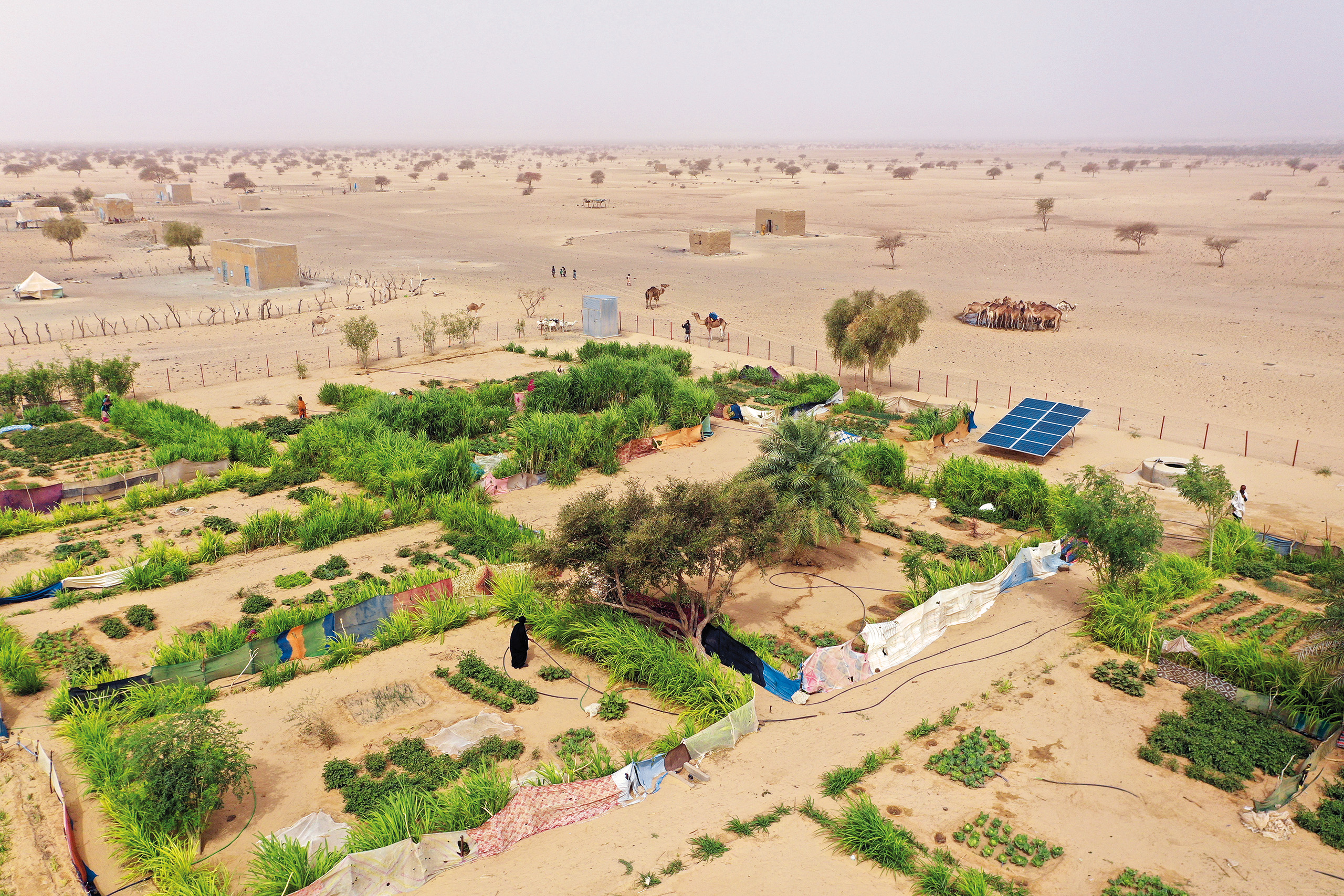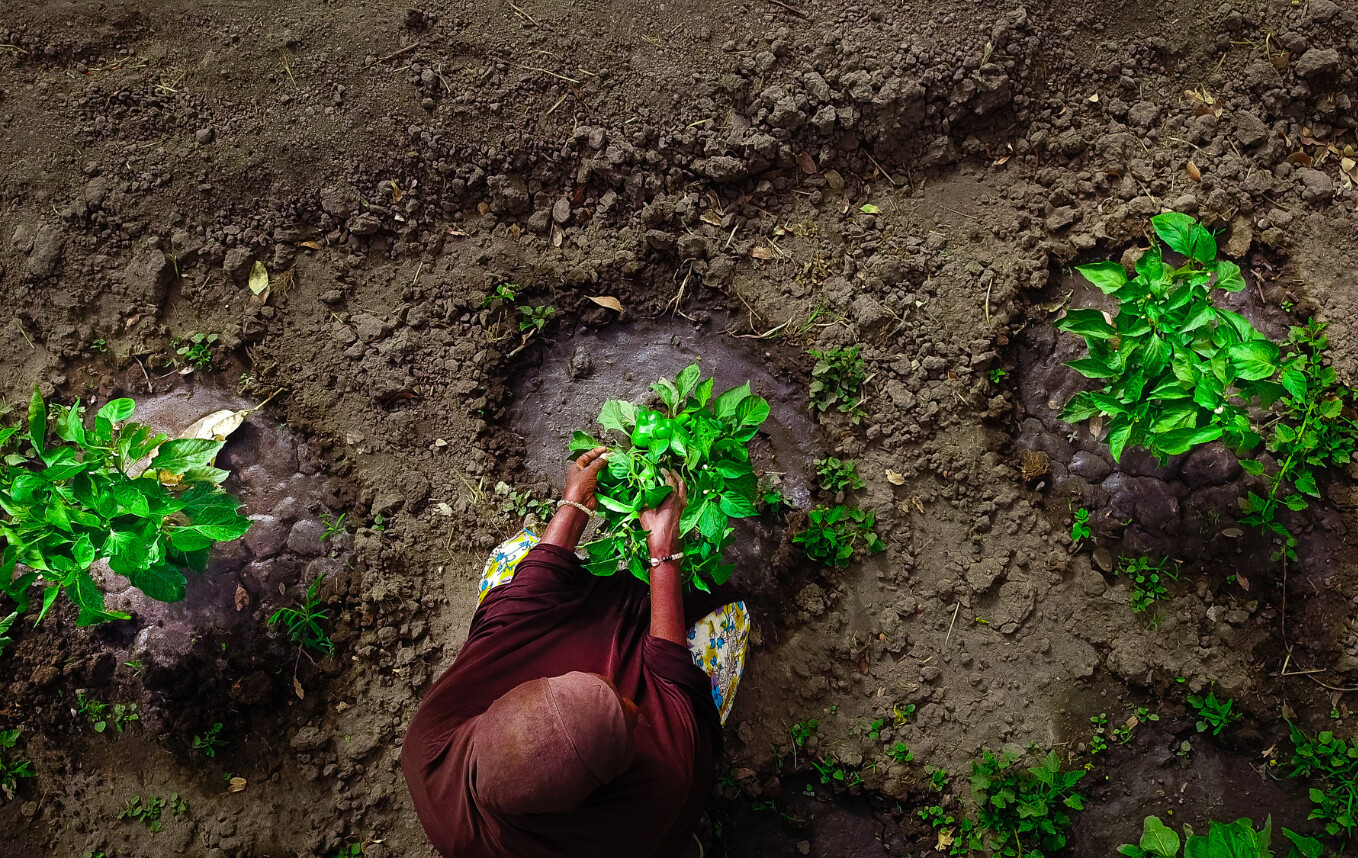News
23 April 2025
Mobilising market potential to scale solar-powered irrigation in Mozambique
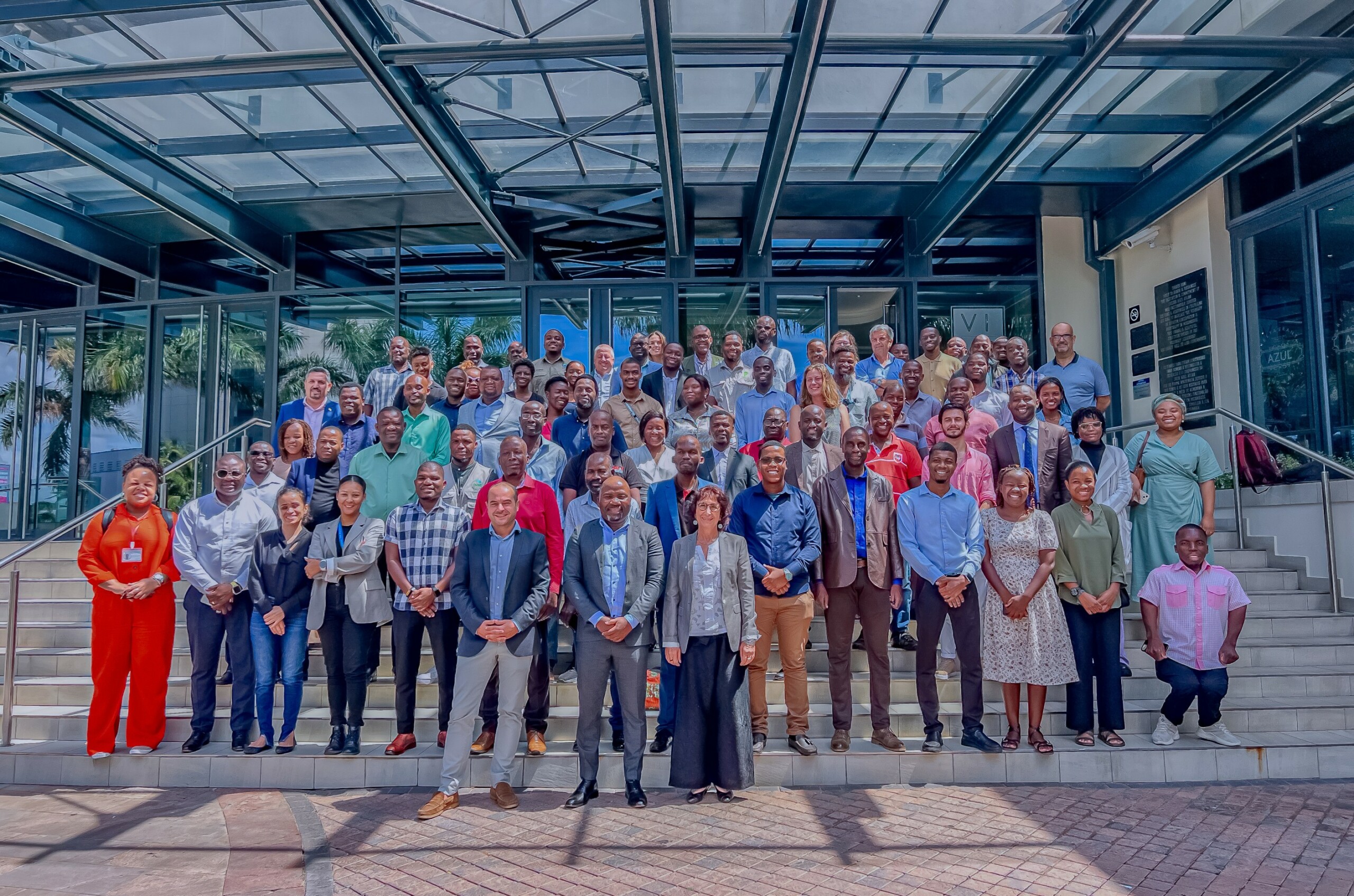
Enabel Mozambique recently convened a roundtable to explore the opportunities and challenges of scaling solar-powered irrigation schemes across the country. Over 200 participants—including financiers, private sector actors, government representatives, and international cooperation partners such as WFP, GIZ, Helpcode Italia, FAO, the Embassy of Sweden, USAID, and JICA—attended the event. Their presence reflects the growing interest in this innovative and climate-smart solution.
Through the Renewable Energy for Rural Development Project (RERD2+), Enabel has already stimulated demand for solar irrigation among farmers by co-financing up to 80% of initial investment costs. These systems offer a compelling alternative to traditional diesel-based irrigation: they drastically reduce operational expenses, minimise environmental impact, and enhance climate resilience in rural communities. “Solar-powered irrigation is not just a technology shift but it’s a pathway for farmers to grow commercial farming and capture agribusiness potential in a climate-resilient way,” said Jan Verlaak, Project Manager at Enabel Mozambique.
With more than 500 solar irrigation systems co-invested through RERD2+, demand has already begun to outpace the programme’s financing capacity. To keep momentum, Enabel brought stakeholders together to identify strategic pathways for expanding this rapidly growing market.
“No single actor can unlock the full potential of solar irrigation in Mozambique; it requires coordinated action between government, finance, and the private sector,” emphasised Eng. Delfim Vilissa, Director of INIR (the National Irrigation Institute – implementation partner for the project).
The consensus that no single institution can resolve all market constraints underscores the need for strong partnerships involving government authorities, financial institutions, and the private sector.
Defining smart co-financing mechanisms and creating a level playing field for the private sector
Participants broadly agreed on the urgent need to facilitate investment for solar-powered irrigation systems. Although operational costs are relatively low, high upfront capital requirements remain a significant barrier for farmers—exacerbated by the lack of effective agricultural financing mechanisms.
To unlock the technology’s full potential, smarter and more accessible co-financing models must be developed. While many development partners already offer co-financing for solar irrigation equipment, approaches vary widely – from full subsidies to fixed percentages – creating unintended competition between donor-funded programmes. Enabel will assess optimal co-financing thresholds based on farmer typologies to maximise development impact, preserve market balance, and help service providers grow sustainably.
Service providers at the roundtable also pointed to burdensome and unclear taxation and import procedures for irrigation equipment. Although Mozambique offers favorable tax conditions for fully imported kits, many providers use a hybrid approach—importing pumps while sourcing other components locally. Resolving these regulatory and customs bottlenecks will be key to fostering a fair and competitive market. A follow-up strategy will outline reforms to ensure this level playing field.
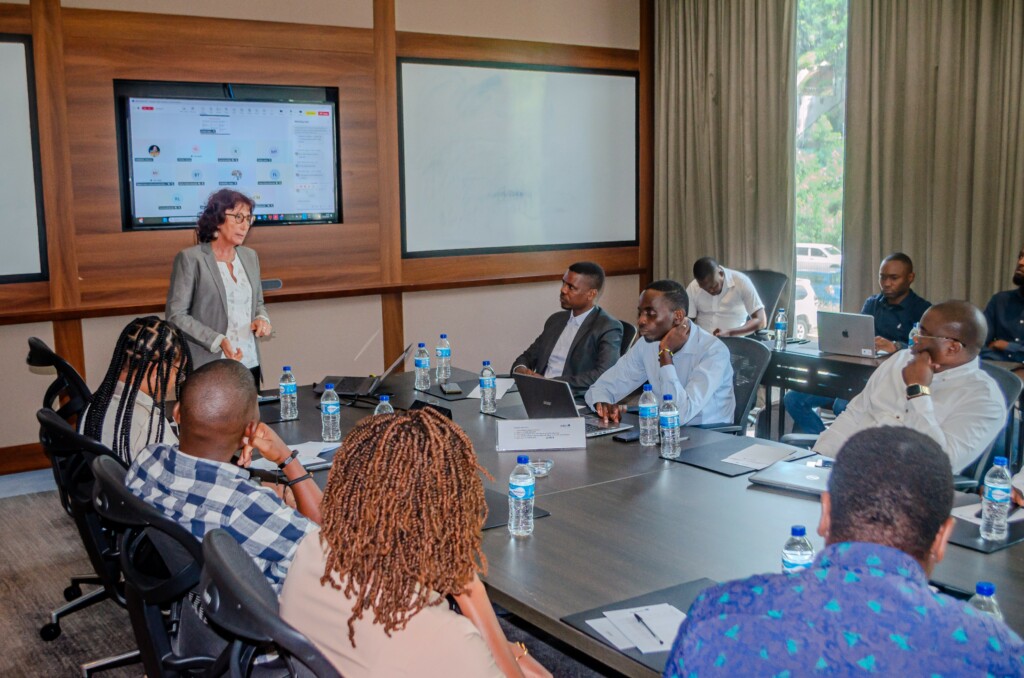
Strengthening the private sector for long-term success
Stakeholders agreed that long-term sustainability depends on a strong private sector. Farmers must be familiarised with new technologies, while local service providers need support to access public tenders and offer solutions in remote areas. Adapting public procurement frameworks to include solar-based innovations—and strengthening local capacity-building — can ease participation in tender processes.
However, providers still face high operational costs, especially in remote regions. Supporting locally adapted business models and reinforcing supply-demand linkages will be essential for sustained rural service provision. “Co-financing must be targeted not to disrupt, but to empower the private sector—ensuring local service providers can grow their businesses while expanding access to climate-smart solutions,” noted Sophie Teyssier, Rural Development Specialist at Enabel Mozambique.
A roadmap for capturing the market potential of solar irrigation
The roundtable marked an important step toward inclusive, evidence-based policy dialogue. Enabel will continue the collaboration with INIR and work with partners to design a comprehensive roadmap for scaling solar-powered irrigation in Mozambique. This plan will clarify regulatory frameworks, align financing mechanisms, and embed private sector–driven solutions within broader development initiatives.
The shared commitment to unlocking solar irrigation’s potential reflects a common vision: empowering Mozambican farmers to seize agribusiness opportunities through sustainable, affordable, and climate-resilient technologies.

